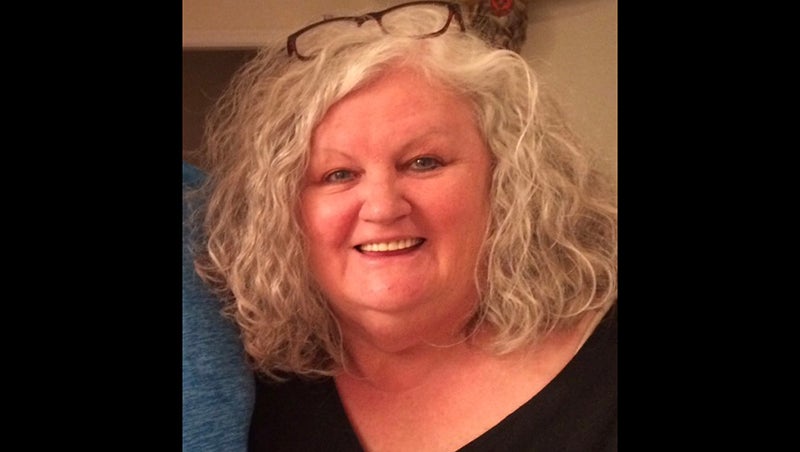Social Security Matters: Ask Rusty – Will taking 401K distributions affect my Social Security benefit?
Published 9:20 pm Wednesday, May 5, 2021

- AMAC Certified Social Security Advisor Russell Gloor, Association of Mature American Citizens
|
Getting your Trinity Audio player ready...
|
By AMAC Certified Social Security Advisor Russell Gloor, Association of Mature American Citizens
Dear Rusty: I’m 63 and retired from work, but not drawing Social Security. I have accumulated just over $300,000 in my rollover 401K IRA. My wife is still working full time, so we have medical, dental and vision coverage. I have a few questions:
1) When I take IRA distributions throughout the year, do those dollar amounts get reported to Social Security as income?
2) If not, will my SS benefit change (will I be penalized?) for not working and having zero income as I continue to withdraw investments and show no income?
3) If my benefit will drop because of the last few years of no income, would it be advisable to start drawing Social Security now? Signed: Planning Ahead
Dear Planning Ahead: Whenever you decide to claim Social Security, they will compute your benefit amount from your lifetime earnings history. They will adjust your earnings for inflation in all years prior to the year you turned 60, find the 35 years in which you had the highest (inflation-adjusted) earnings, and use that “average indexed monthly earnings” (AIME) amount to determine your Primary Insurance Amount (PIA), which is your benefit entitlement at your full retirement age (FRA). From there, your age when you claim determines your final Social Security payment amount. Born in 1958 your FRA is 66 plus 8 months, and that is the age at which you will get 100% of your PIA. If you claim benefits before your FRA, your payment will be reduced; and if you wait until after your FRA to claim your benefit will be increased. If you wait until you are 70 to claim, your SS payment will reach maximum (about 27% more than your FRA benefit amount). Now, to your specific questions:
1) Distributions taken from your 401k or IRA are not reported to Social Security as “earnings” and do not count toward your Social Security benefit entitlement.
2) If you have already retired from working, having zero earnings now won’t further affect your final SS payment amount because your benefit will be based upon your 35 highest-earning years. However, if you have a recent benefit estimate from Social Security, that estimate assumed that you would continue to earn at the same level you most recently reported to the IRS until you reached your FRA. So, if you got the estimate while you were still working (or shortly thereafter), the estimate is higher than your actual benefit will be. If you received the estimate a year or more after you stopped working, the estimate is more accurate. In any case, your 401K withdrawals will not count as SS earnings.
3) Claiming now would result in a permanently reduced SS benefit amount because you haven’t yet reached your full retirement age. But claiming now wouldn’t be a hedge against your current lack of earnings, because your benefit will be based upon the highest earning 35 years over your lifetime.
If you don’t already have a full 35 years of SS-covered earnings they will still use 35 years in the benefit calculation, adding $0 earnings for enough years to make it 35. If that is the case, you could offset some of those zero years in your lifetime history by returning to work now, thus increasing your benefit when you claim. If you already have at least 35 years of earnings, enjoy your retirement!
One last thing to consider: if you predecease your wife, at her FRA she will be entitled to 100% of the benefit you were receiving at your death (if that is more than her own). In other words, when you claim your benefit will affect the amount your wife can get as your widow. The longer you wait to claim, the higher your wife’s survivor benefit from you will be.
FOR MORE COLUMNS AND LETTERS TO THE EDITOR, CHECK OUT OUR OPINION SECTION HERE.





